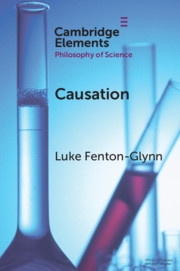1 results

Causation
-
- Published online:
- 16 June 2021
- Print publication:
- 15 July 2021
-
- Element
- Export citation

